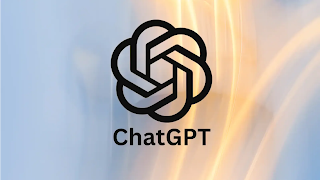OpenAI is rolling out a new feature update for ChatGPT users worldwide, introducing access to GPTs—mini chatbots designed for specific purposes. Even users on the free tier of ChatGPT can interact with these specialized chatbots for various tasks. The GPT Store offers a wide selection of chatbots that assist with writing, productivity, research and analysis, programming, and engaging in conversations with specific styles. Additionally, several software firms have created and published brand-specific GPTs.
OpenAI Expands GPTs to All Users
Prior to OpenAI's Spring Update event earlier this month, GPTs were a premium feature available only to paid subscribers. However, during the event, the company announced that these chatbots would soon be accessible to all users. The feature is expected to be available to users globally in the coming days.
There is one caveat, however. While free ChatGPT users can access and interact with GPTs, they will not have the ability to create new chatbots. The feature that allows users to create new GPTs using text prompts and, optionally, a specific database remains exclusive to the paid tier.
Important Note on GPTs
It's important to note that GPTs are not general conversation chatbots like ChatGPT. They have a limited scope and won't be able to answer a wide range of queries. However, users can receive more accurate answers within their specific domains, as these GPTs function like small, specialized language models.
Interesting GPTs to Try
There is a large catalogue of GPTs to choose from, but we found a few particularly interesting ones:
Adobe Express by Adobe: This GPT can design social posts, flyers, and more using Adobe Express, and can also generate images based on specific text requests.
Khan Academy's Tutor Me: This chatbot helps users with math, science, and humanities homework by guiding them through problems rather than solving them directly.
Other notable GPTs include Canva, Code Copilot, Cartoonize Yourself, Data Analyst, and Planty by OpenAI. So far, there are no known limits on interactions with these GPTs, although this cannot be confirmed definitively.












